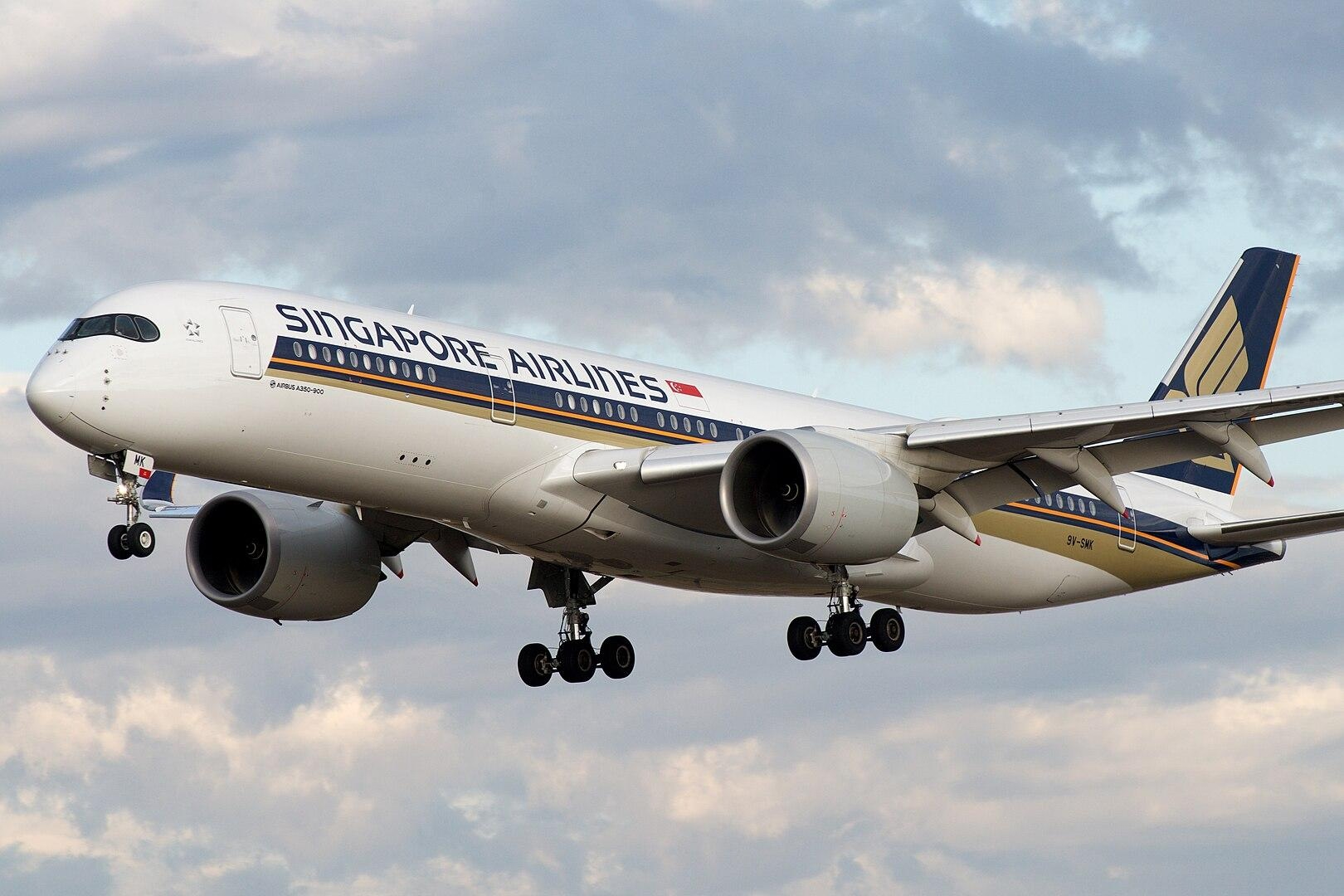AeroGenie — Ihr intelligenter Copilot.
Trends
Categories
Praful Patel Questions Singapore Airlines’ Response to AI-Related Crash

Praful Patel Questions Singapore Airlines’ Response to Air India Crash
Singapore Airlines’ Position Amidst Criticism
Singapore Airlines (SIA) has affirmed its close collaboration with Tata Sons and Air India, offering full support following the Boeing 787 crash involving Air India flight AI171 in Ahmedabad last Thursday. The airline, which holds a 25.1% stake in Air India, issued this statement in response to public criticism from former civil aviation minister and Rajya Sabha MP Praful Patel. Patel expressed concern over what he described as a “surprising silence—or perhaps ignorance—about the role of a substantial shareholder, and the entity responsible for maintaining a large number, if not all, of Air India’s wide-body aircraft.” He further emphasized that Singapore Airlines, as a significant stakeholder with management influence and a codeshare agreement with Air India, should be more forthcoming.
In reply, Singapore Airlines extended its deepest condolences to the families affected by the tragedy and reiterated its commitment to supporting Tata Sons and Air India during this difficult period. The airline emphasized ongoing communication and assistance efforts, underscoring its role as a partner in the aftermath of the accident.
Implications for Air India’s Transformation and Industry Perception
The crash occurs at a pivotal moment for Air India, which is in the midst of a comprehensive transformation under its Vihaan.AI program. This initiative aims to elevate Air India to the status of a “world-class global airline” within five years. However, the recent accident poses significant challenges to the airline’s reputation and operational momentum. Industry analysts warn that the incident may invite increased scrutiny from competitors and regulators, potentially affecting perceptions of safety and operational standards within India’s aviation sector.
The event highlights the critical need for transparent communication and effective crisis management, especially for an airline undergoing substantial change. As Air India strives to rebuild its brand and operational integrity, the handling of this crisis will be closely monitored by regulators, passengers, and industry stakeholders alike.
The Strategic Partnership Between Singapore Airlines and Air India
Singapore Airlines’ partnership with Tata Sons dates back to the 2015 launch of Vistara, a joint venture that has since merged with Air India. Following this merger, Singapore Airlines became a significant minority shareholder in the unified carrier. The two airlines maintain extensive collaboration across commercial, engineering, and operational domains. Notably, Singapore Airlines CEO Goh Choon Phong serves on Air India’s board, and several former SIA executives are actively involved in Air India’s turnaround efforts.
The aftermath of the crash is expected to test both Air India’s transformation strategy and the resilience of its partnerships. As the airline faces heightened scrutiny, it must work diligently to restore confidence among passengers and the broader public.

Emirates Unveils Cabin Design for New Boeing 777X

Eighteen Years On, the Airbus A380 Remains Central to a $34 Billion Airline

How a boom in luxury airline seats is slowing down jet deliveries

Navitaire Outage Attributed to Planned Maintenance

DigiYatra Debuts Outside Aviation at India AI Impact Summit

Vietnam Orders Strengthen Boeing’s Commercial Outlook

Airbus Signals Uncertainty Over Future A400M Orders

JobsOhio Awards $2 Million Grant to Hartzell Propeller for Innovation Center

Collins Aerospace Tests Sidekick Autonomy Software on YFQ-42A for U.S. Air Force CCA Program

How the Airbus A350-1000 Compares to the Boeing 777
